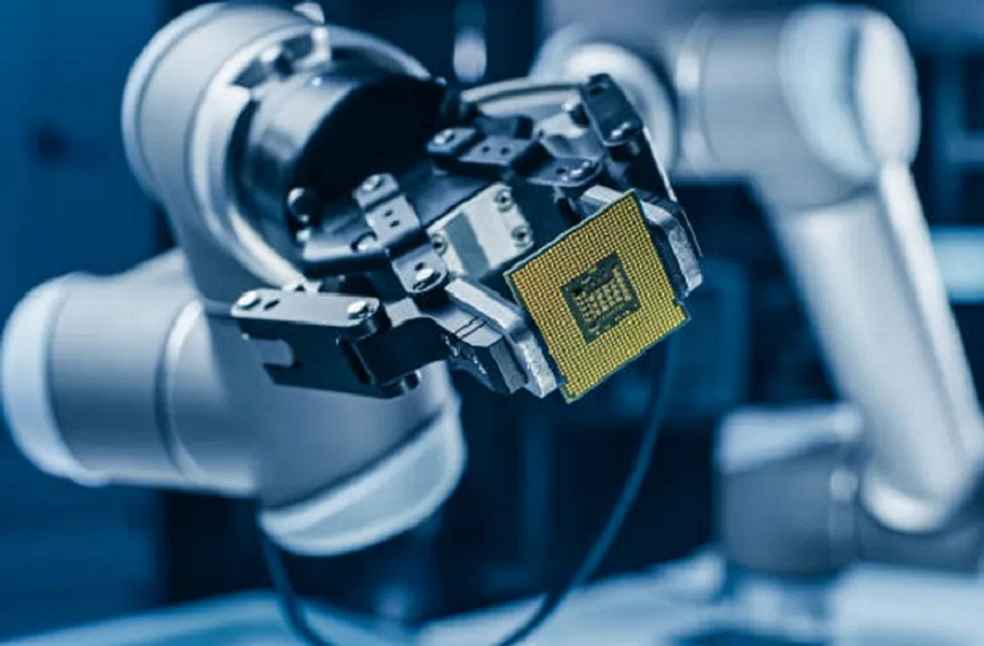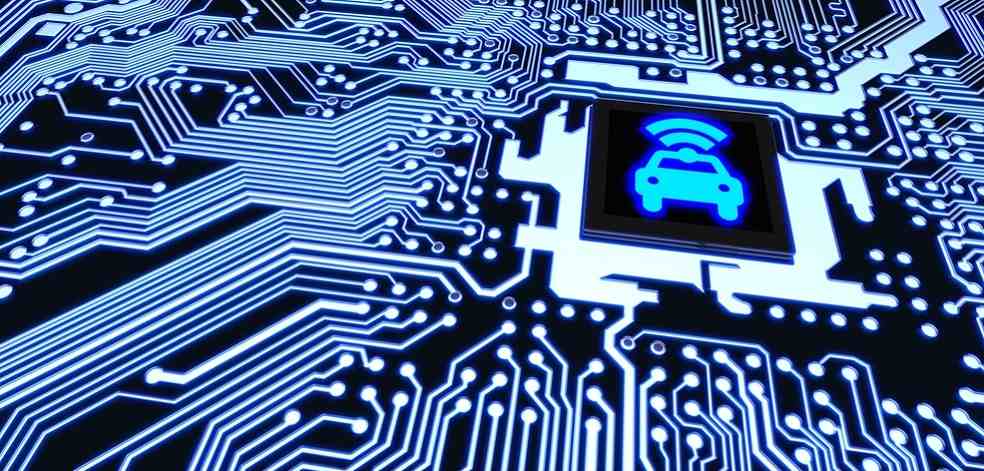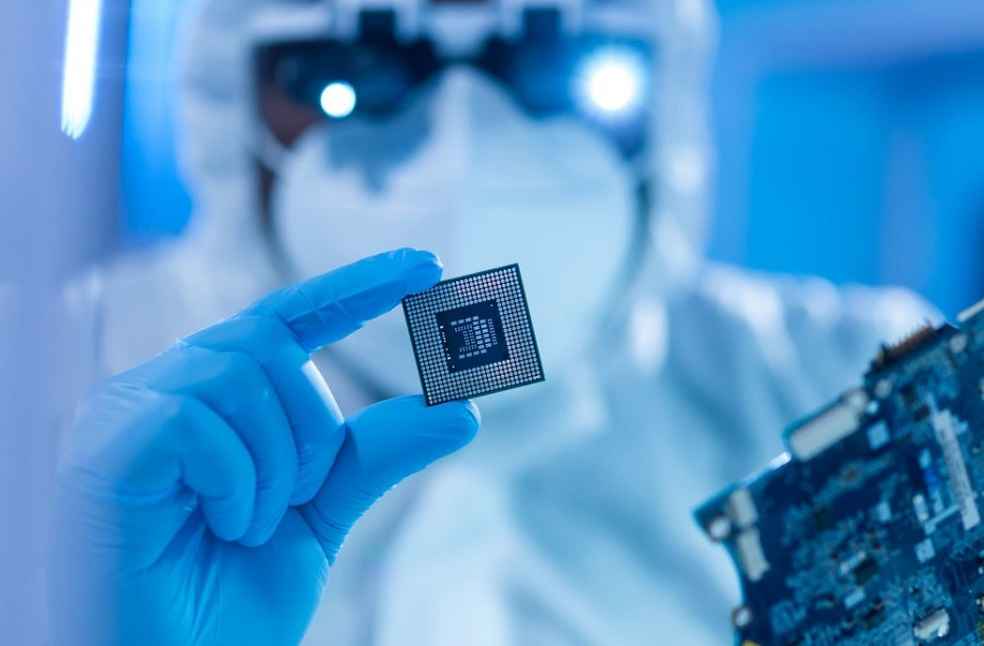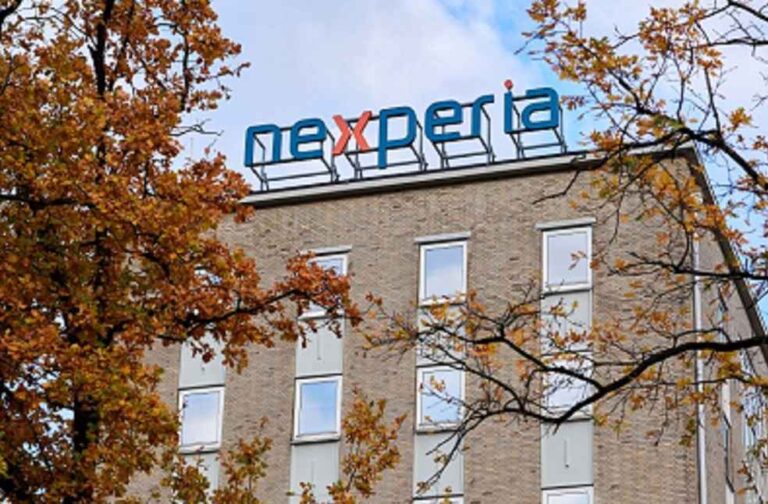The Netherlands has suspended its administrative order involving Nexperia, the semiconductor company owned by China’s Wingtech Technology, in a step analysts view as an initial thaw in economic tensions that have threatened chip supplies critical to the global automotive industry.
Analysts said the move should be followed by a complete withdrawal of the order and practical measures to restore confidence and stability in the global semiconductor supply chain.
Nexperia, headquartered in Nijmegen in eastern Netherlands, has been at the center of a months-long dispute that strained bilateral ties.
China on Thursday again called on the Netherlands to work toward a swift and effective settlement.
He Yongqian, spokeswoman for the Ministry of Commerce, said the Dutch government’s announcement “marks the first step in the right direction toward properly resolving the issue, but there is still some way to go before the issue is fully resolved”.

She said the Dutch side was the ‘root cause’ of the disruption and bore ‘sole responsibility’ for the impact on the global chip supply chain. She added that China hoped the Netherlands would continue to show “sincerity in cooperation” and take concrete action to address the situation.
Chinese and Dutch officials held two rounds of consultations in Beijing this week, during which the Dutch government agreed to suspend the administrative order issued under the Goods Availability Act.
Dutch Minister of Economic Affairs Vincent Karremans said the suspension was “a show of goodwill” and that the government would continue constructive dialogue with Chinese authorities.
The Netherlands invoked the Cold War-era Goods Availability Act on 30 September to seize control of Nexperia, citing “acute signals of serious governance shortcomings” and concerns that the company’s former CEO intended to shift European operations to China.
Enacted in 1952, the law grants emergency powers to secure essential supplies in crises such as wars or natural disasters.

China responded on 4 October by restricting exports of Nexperia’s finished products from its facilities in China. These restrictions were partly relaxed earlier this month, with Beijing describing the move as a responsible step to maintain global semiconductor supply chain stability.
Wingtech, Nexperia’s parent company, said on Thursday that while the order was suspended, an earlier ruling by the Enterprise Chamber of the Amsterdam Court of Appeal remained fully in force and unaffected.
Restrictions on Wingtech’s control over Nexperia therefore remain, and the company said it would take necessary steps to safeguard its rights and interests.

Huang Mengmeng, associate researcher at the Chinese Academy of Social Sciences’ Institute of European Studies, said the true test of noninterference would be whether Chinese-appointed executives could return and whether nationalization measures were fully rescinded.
A credible resolution would require concrete guarantees that similar actions would not occur again, she said.
Jorge Toledo Albiñana, the European Union’s ambassador to China, described the Dutch step as “good news” for China-EU relations, noting that the EU welcomes Chinese investment in Europe, including projects that expand manufacturing capacity and support job creation.
EV WORLD WORLD | Xiaomi Lifts EV Delivery Forecast as Production Hits 500,000 Units





